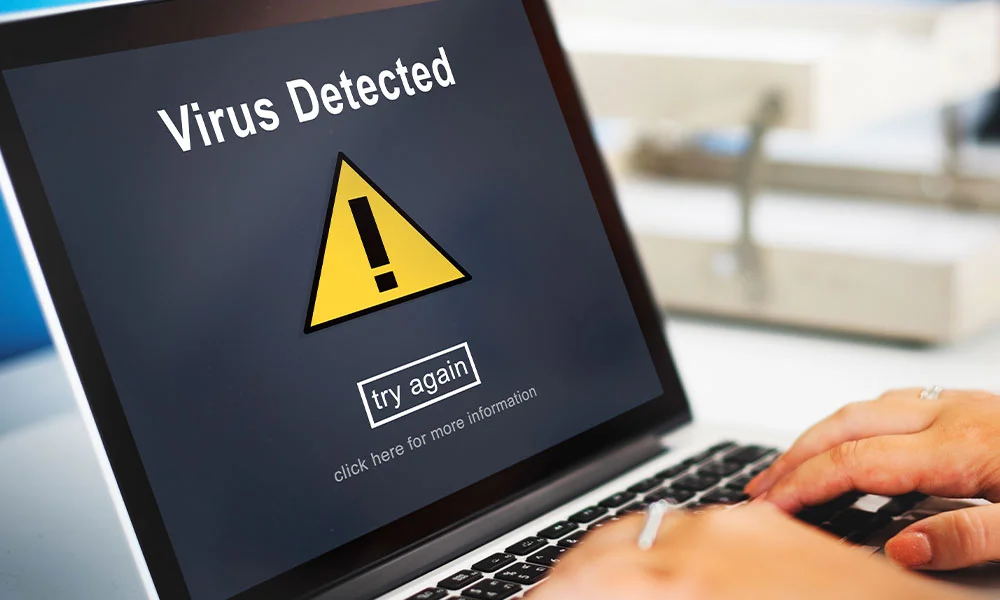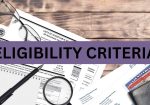The Advantages of Asset Tokenization

Using blockchain technology increases efficiency and eliminates inaccuracy in the design, issue, and administration of securities, thus lowering costs. Tokenization, on the other hand, is advantageous in other ways. Tokenization also improves the liquidity of formerly illiquid, non-fractionable assets like real estate. For consumers, this means more democratization and the potential to diversify one’s portfolio by gaining access to previously inaccessible assets.
Greater Compliance
The banking sector spends $181 billion each year on compliance, but blockchain decreases the chance of error and makes complicated compliance needs cheaper and easier to administer by writing compliance rules straight into each token. Global Token Exchange GTE Technology has the potential to have an influence 113 times greater than the web and 48 times greater than the stock market.
Immutability
The blockchain stores all data in an immutable format. Anyone interested in generating, selling, or purchasing tokens may be confident that the asset information and transaction details are correct since they have been validated and cannot be modified after being recorded on the blockchain.
More asset accessibility and liquidity
The primary advantage of tokenization over loans is that it is much more approachable. You may not even be able to get a loan if your project lacks tangible assets that may be used as security, or if you are raising cash for a new project or a newly created special purpose entity. Furthermore, the list of assets might be fairly large, including rather illiquid assets such as real estate, antiques, and so on.
Transparency
Just about all blockchains are created using open-source software. In most instances, this implies that any user or developer can perceive the blockchain’s source code to individually ensure that the software does not contain vulnerabilities or unacceptable functionality for the user and that you can change the source code of the software and use it voluntarily in your necessities. Yet, in the case of the blockchain, this also implies open storage of some critical data.
Payment innovations are fueled by tokenization
Tokenization technology is critical to many of the methods we purchase and trade today. Tokenization enables paying with devices easier and safer than ever before, from secure in-store point-of-sale acceptance to payments on the go, from traditional eCommerce to a new generation of in-app payments.
Access Has Been Globalized
Asset tokenization eliminates geographical boundaries. Anyone from anywhere in the globe may connect to the network and register to use a tokenization platform to conduct transactions. The platform also includes automatic KYC/AML verification, allowing only verified trades and removing scammers.
Instant solutions
Because the network is built on blockchain technology, each transaction is documented and cannot be changed or erased. There are no risks of fraud; if there are any, the transactions will be annulled, and the investor will receive his or her money back in a flash.








